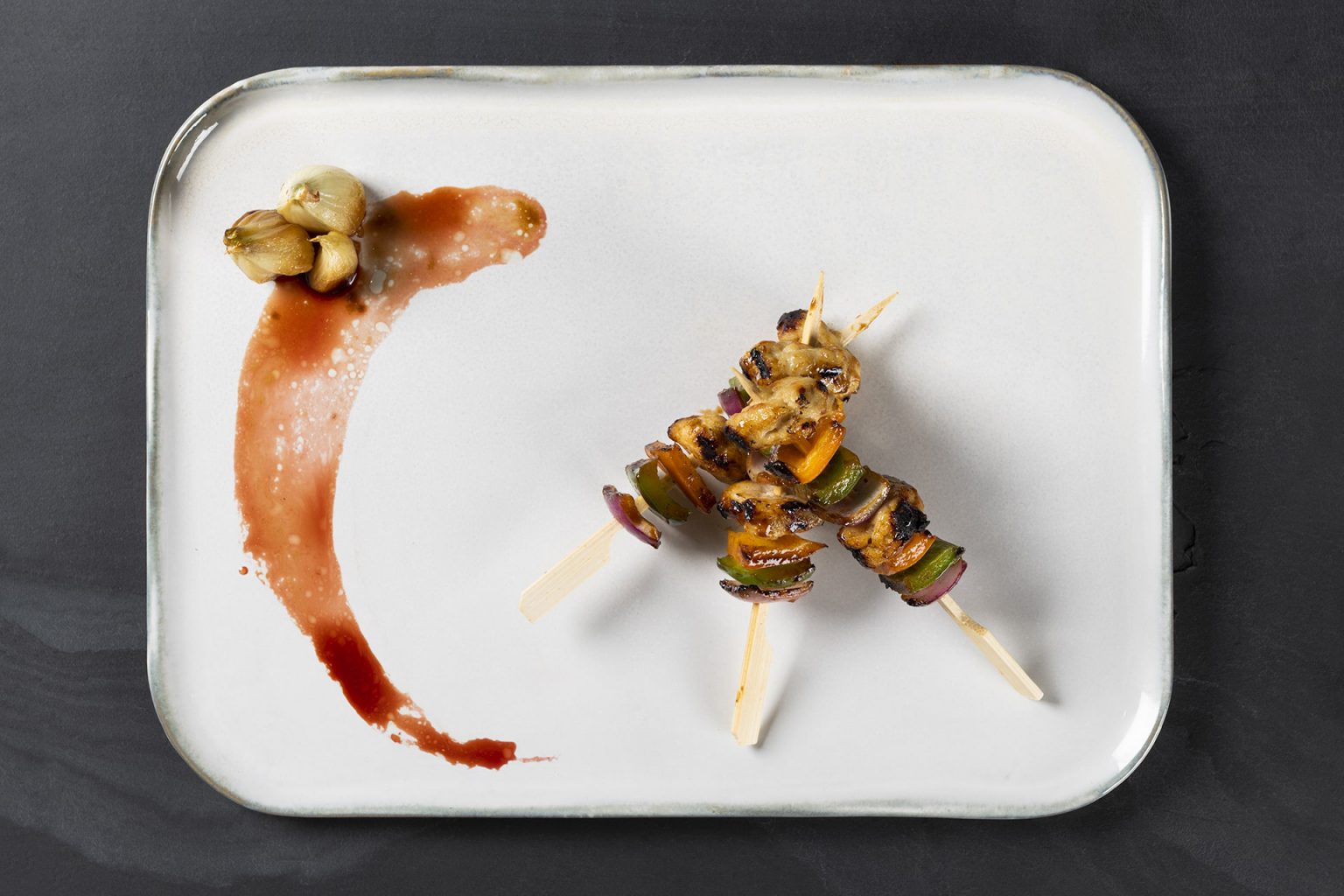Has the Food Revolution Arrived? 86% of Chefs Say They Want to Serve Cultivated Meat
4 Mins Read
A new survey from Israel-based food tech company SuperMeat, finds the vast majority of chefs, 86 percent, are interested in serving cultivated meat—an indicator of the potential for the category once countries grant regulatory approval.
The new SuperMeat survey interviewed 251 chefs and food service professionals earlier this year. The research was conducted in partnership with Censuswide, an independent market research consultancy.
Results of the survey were overwhelmingly in favor of cultivated meat—protein that’s grown from animal cell samples in bioreactors instead of on farms. The tech has thus far only received approval in Singapore, with the Bay Area company Eat Just the first, and currently, the only, company approved for sale and consumption.
The lack of regulatory approval has not slowed progress for the sector, though. Recent reports show record funding raises and a number of start-ups entering the category.
Cultivated meat demand and acceptance
But despite the interest from investors, consumer opinion on the tech has been mixed, with some critics lumping it in with genetic modification—a technology typically used to make plants more resistant to heavy applications of herbicides.
Still, consumers do want more ethical and sustainable choices. Sixty-five percent of chefs said they’ve seen increased demand in the last five years; 87 percent of Midwest restaurants and 82 percent of fast-food restaurants said they’ve seen increasing demand for meat alternatives.

Widespread acceptance of cultivated meat from the culinary world could help sway consumers on the fence about the tech. Eighty-four percent of the chefs surveyed said they would consider replacing conventional meat altogether on their menus with cultivated meat if cost-effective. Seventy-seven percent though said they would pay a premium, particularly for poultry; more than 66 percent of the chefs said they would pay as much as 11 to 15 percent more for cultivated meat.
The Midwest chefs were most willing to pay a premium for cultivated meat—87 percent said they’d opt for the higher ticket price in order to put the options on their menu. Western chefs said they’d be willing to pay higher premiums, with 16 percent saying they would pay as much as 16 to 20 percent more for cultivated meat. Chefs cooking Mediterranean were right behind, with 83 percent saying they’d be willing to pay 11 to 15 percent more for cultivated meat. Italian and Mexican chefs were willing to pay five to ten percent more.
Poultry was the top choice, with 51 percent of chefs saying they’d be interested in trying cultivated chicken and other poultry products; 38 percent said they’d be interested in beef, and 35 percent indicated seafood and pork. Tastes ranged regionally, the survey found. Chefs from the South favored beef and exotic meats; fine-dining chefs favored pork. Chicken was the top choice for fast-food and American cuisine. Italian cuisine favored seafood, and chefs across France, Japan, and Indian cuisines all favored exotic meats.
Regulatory approval
The chefs surveyed were overwhelmingly in favor of adding cultivated meat shortly after approved; more than half said they would add the products to their menus within two months of approval. Chefs in the Northeast and West said they would add it even sooner and chefs in the South were the most hesitant, wanting to wait as long as six months.

“It is great to see the interest and positivity from the professional culinary community for cultivated meat. This demonstrates that chefs are more than intrigued by cultivated meat, understand the benefits, and are ready to see it served in mainstream dining,” Ido Savir, CEO of SuperMeat, said in a statement. “SuperMeat is thrilled to continue our work to commercialize cultivated meat products and be among the first to bring these options to menus across the U.S..”
U.S. regulatory approval is expected in the near future, but no date has been confirmed. Experts suggest it could be within the next year or as long as 18 to 24 months.
Lead image courtesy SuperMeat.




